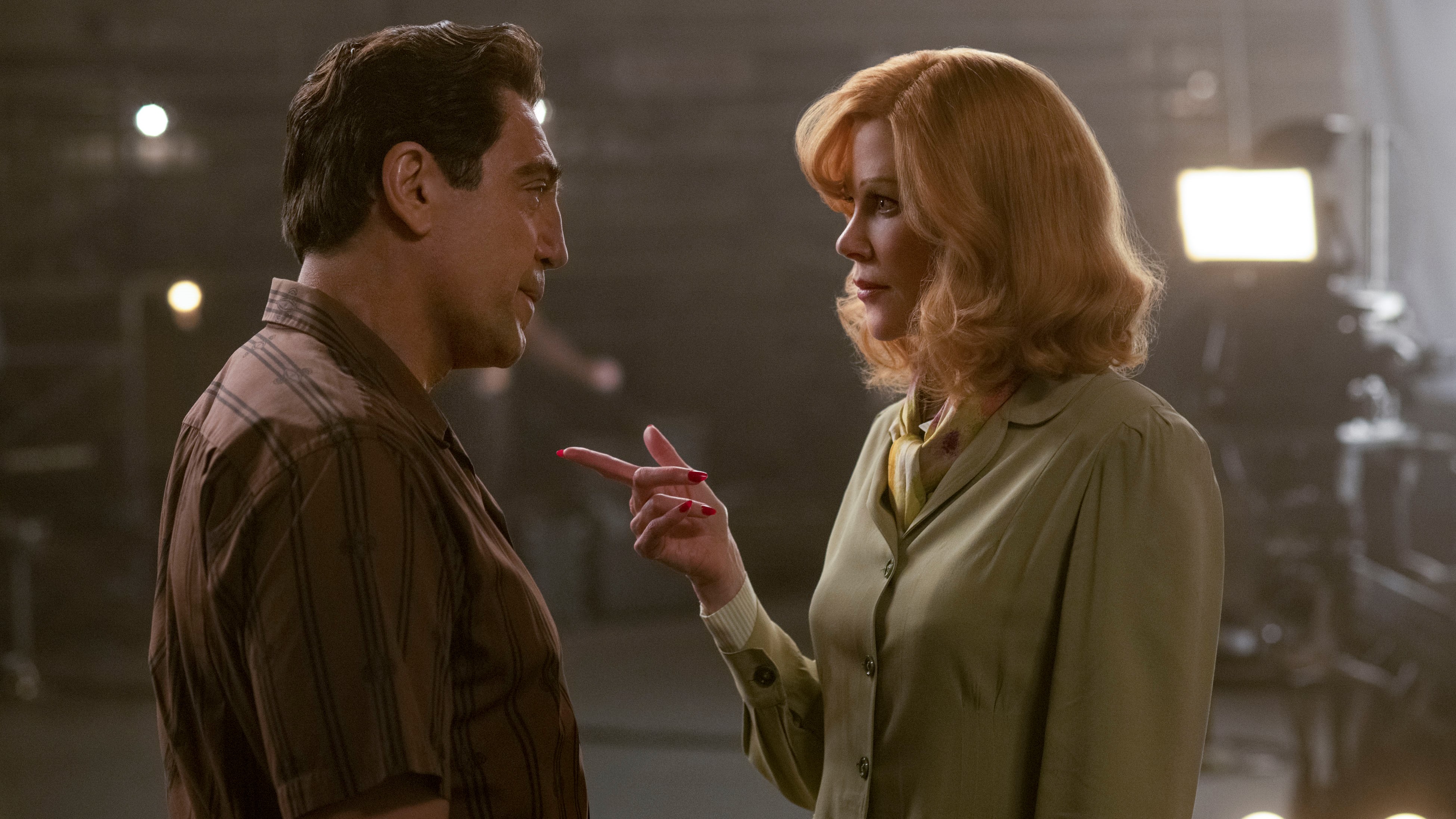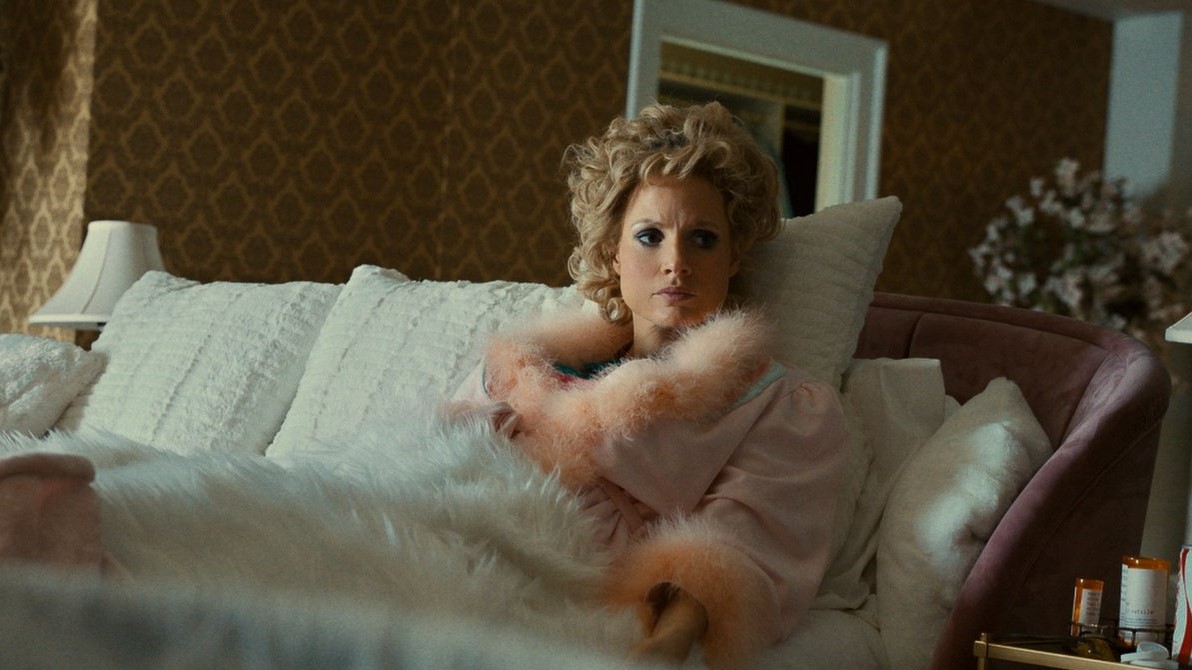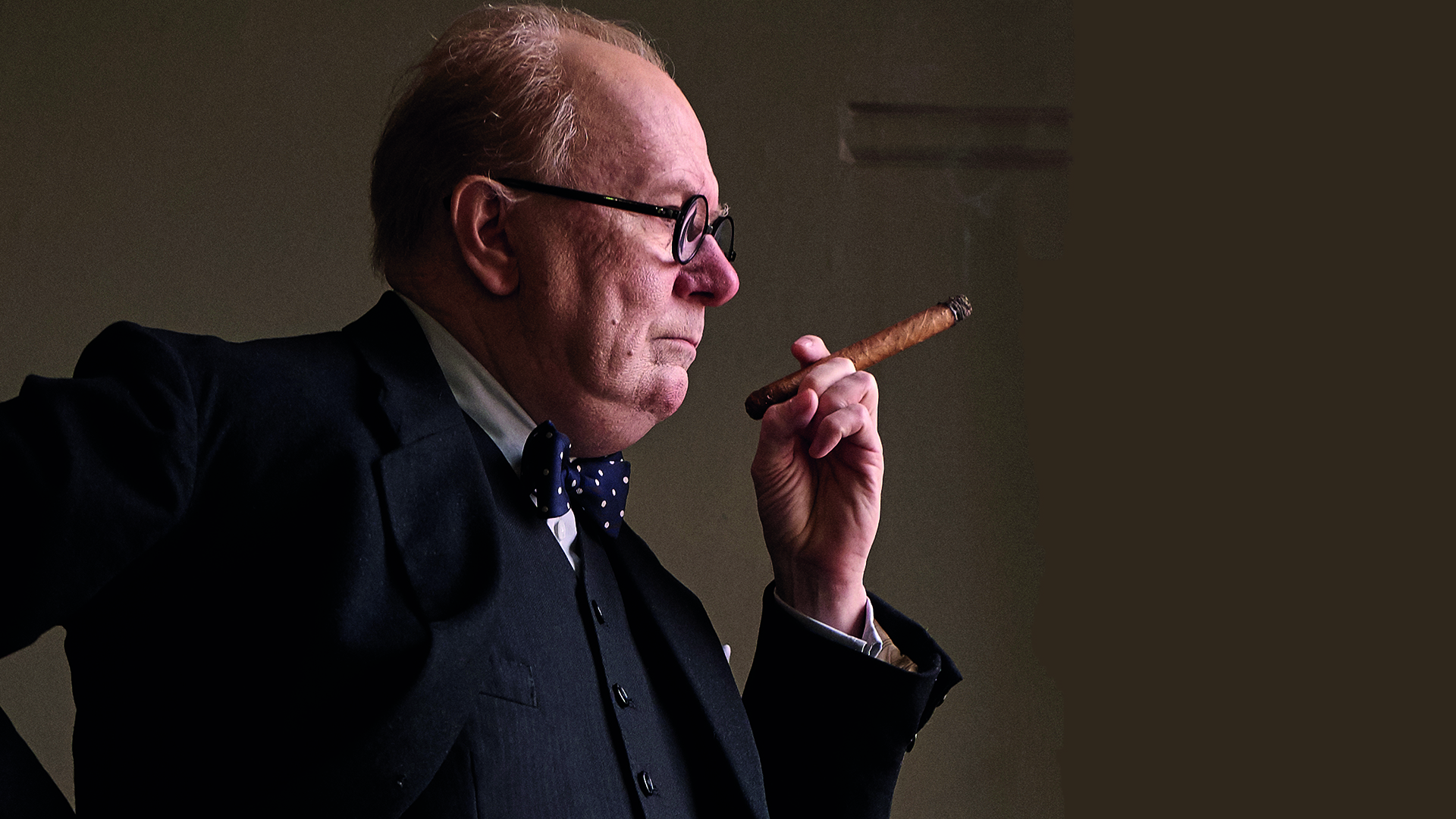Why the Oscars love biopics
What is it about biopics that the Oscars love so much?

If you were to ask someone to describe “Oscar bait,” a movie seemingly designed with the sole intent of winning awards, “biopic” would probably come up pretty early on. We generally associate the genre with ideas of prestige and that stereotype exists for a reason. Just take a look at this year’s Oscar nominations.
Of the 20 actors nominated for their performances across four categories, eight of them are for biopics. This includes Jessica Chastain in The Eyes of Tammy Faye, Javier Bardem and Nicole Kidman in Being the Ricardos, Kristen Stewart in Spencer and Will Smith King Richard. At 40% that’s actually pretty low compared to some years, like 2019's acting field, which was made up of a huge 60% biopic performances.
Since 2000, in the Best Actor category, biopic performances have represented 43% of the nominees but 57% of the winners. If you want an Oscar, then you’d better ask your agent to look for those biopic scripts and be willing to wear a lot of prosthetics.
The mistake to make about the Oscars, as many do, is to presume that they are only interested in niche arthouse fare over the kind of blockbusters that the majority of ticket-buying viewers watch. Really, the Academy is pretty middlebrow, seldom straying away from crowd-pleasing dramas. Biopics, in their most industry-endorsed form, are the epitome of that. They tend to stick to a rigid storytelling formula that adheres to conventional character beats and a familiar structure. It’s a recipe that works, especially if you’re an actor.

Biopics do well with the Oscars for the same reason that quieter films don’t. They provide an acting showcase where subtlety isn’t necessarily required. There’s a reason why many actors win an Oscar not for their best work but for their most bombastic performances, whether it’s Al Pacino with Scent of a Woman or Joaquin Phoenix with Joker. They’re not bad bits of acting, per se, but they’re certainly roles where you see the capital "W" in Work. Biopics are all about that work.
When you play a real-life person, especially one who is highly familiar to your viewers, you have a visual to draw direct parallels from. Audiences have that luxury too. They can, for example, watch Rami Malek replicate the Queen performance at Live Aid in Bohemian Rhapsody then compare it to the real footage and see how good a job he did. If he nails the exact moves, the struts, the expressions, then that’s a “good job.” You can listen to audio of Winston Churchill’s famous speeches then see if Gary Oldman got the voice inflections right in Darkest Hour. That’s handy for Academy voters too. What’s an easier way to reward a performance as the “best”, than by pointing to such a comparison?
Often these performances demand a transformative element. Outside of biopics, actors who go to great pains to change their appearance for a role can expect countless headlines about how “unrecognizable” they are, with agonizing detail paid to the pounds they lost or gained and the hours they spent in the make-up trailer to look less-than-stunning. An actor’s body is their tool, and we expect a certain kind of change from role to role but seldom is this process as fetishized as it is with the biopic transformation and subsequent awards promotional cycle. Actors and their teams love to talk up how tough it was to, for example, wear mountains of prosthetics or gain 25 pounds (or wear a fatsuit) to play that real-life figure we all know so well.
The latest updates, reviews and unmissable series to watch and more!
Nicole Kidman’s Best Actress win for playing Virginia Woolf in The Hours was almost entirely defined by the fake nose she wore. Charlize Theron’s performance as Aileen Wournos in Monster is undoubtedly superb but it’s also notable how much of the buzz around her work focused on the weight gain, prosthetics and general act of turning one of the most beautiful women on the planet into someone “ugly” (something that Theron herself took umbrage to).

The campaign is as much a part of the Oscar experience as the performance itself. The performance can be perfect but sometimes you need a good "journey" narrative to sell it in. Maybe you’re a beloved industry figure who’s never won before or a rising ingenue getting your "star is born" moment.
The biopic narrative speaks for itself. An actor plays a well-known figure, transforming themselves with months of research, a body overhaul and loving homage. If the person they're playing is also part of the entertainment world, a well-known celebrity, even better (hence why Nicole Kidman is currently one of the frontrunners in Best Actress for playing TV star Lucille Ball, in Being the Ricardos). You worked hard, you let everyone know you worked hard and your industry contemporaries, who are all too familiar with such labor, can appreciate that.
The biopic is limiting as a film structure — and it barely allows actors to do more than impersonations for fear of being told where they went wrong. But the biopic is here to stay, at least as long as the Oscars continue to reward them at a much higher rate than other films.
So, if Nicole Kidman and Will Smith take to the podium this year with their statuettes, you’ll understand why.
Kayleigh is a pop culture writer and critic based in Dundee, Scotland. Her work can be found on Pajiba, IGN, Uproxx, RogerEbert.com, SlashFilm, and WhatToWatch, among other places. She's also the creator of the newsletter The Gossip Reading Club.


